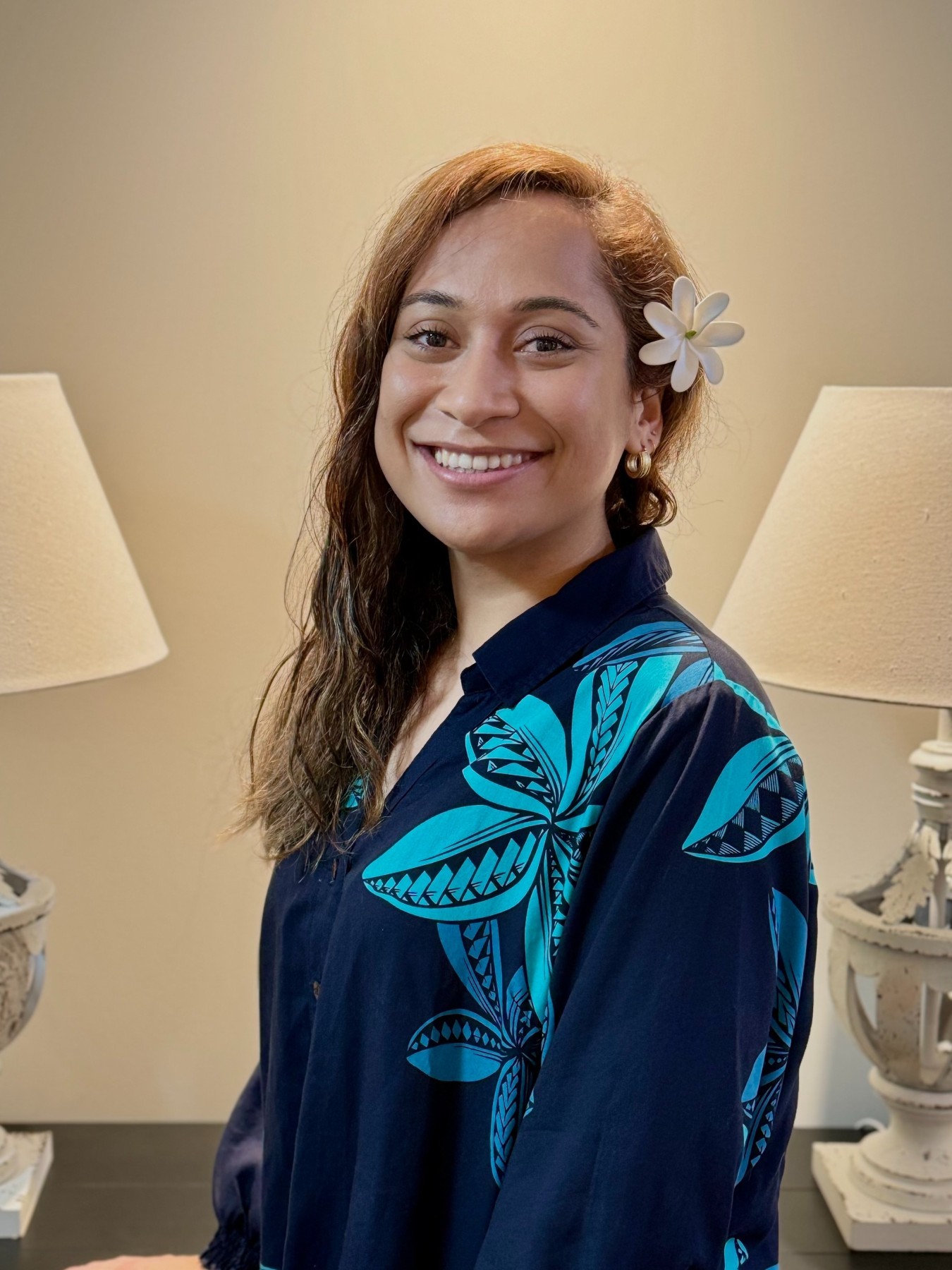"It was always my intention to include family members so as to acknowledge a cornerstone of Pacific health and wellbeing, and I suppose Pacific life in general: family," she said.
Hunkin said one of the strongest insights from the research was the value of collective health, which she said was crucial to the overall health and wellbeing of Pacific fathers, with family often acting as a buffer against the negative impacts of a life-threatening disease.
"The acceptance of and adherence to medical interventions and professional advice increased when the family were in agreement collectively.
"I suggest that all healthcare services in Aotearoa NZ adopt a model of care and practice that accounts for family involvement right from the early diagnostic stages of CVD through to formal intervention and post-op recovery and rehabilitation."
A Sāmoan father diagnosed with CVD summed it up simply: "I want my son to reap the benefits from the way I chose to live a healthier life."
The project is deeply personal for Hunkin, who grew up in Salelologa and Vaigaga, Sāmoa, as the youngest of seven children.
"I always say that my research started off as a love letter to my father, who is a survivor of CVD.
"This was my mindset throughout my whole research process; being able to serve the fathers and those family members who were present by giving them a platform to discuss what they went through so that we can improve the services they accessed or that were not available to them in their time of need."
One of the most memorable stories came from a high school-aged daughter who described seeing her father face a life-threatening condition. She took on childcare duties for her younger siblings, supported her mother, and worked part-time to help with household costs, all while excelling in school.
Hunkin said her story should urge health professionals and researchers to consider the wider implications of disease that tend to ripple through families intergenerationally, not only at the genetic or hereditary level, but also at the behavioural, social, economic, and cultural levels as well.
In another talanoa, a participant reflected on the concept of intimacy. He explained that in his upbringing, and in how he related to his own wife and children, intimacy was never shown through overt gestures like hugs or verbal praise, but rather believed his children would simply know innately that he was proud of them.
"I often wonder how many tragic heart attacks among our Pacific fathers might have been prevented, had they felt close enough to their loved ones to open up about their symptoms and/or personal battles," she reflects.
Hunkin hopes her findings will encourage more Pacific individuals to take ownership of their health and inspire collective lifestyle changes.
"My family has not only vowed to be and do better for my father’s sake, but also for the sake of our future generations. This is what Pacific culture is all about; legacy. What legacy are we leaving behind?"
She says healthier diets, physical activity, intimacy in relationships, and greater knowledge about disease risk factors are a good start to creating a healthier future for our Pacific youth and generations to come.
Hunkin expresses her gratitude for the participants and their family members who generously took time out of their busy lives to share their personal stories.
"Your openness and willingness to talanoa with me are deeply appreciated, and I hope to honour your experiences with care and respect in my retellings. This research belongs to you. Fa’afetai, fa’afetai tele lava."

